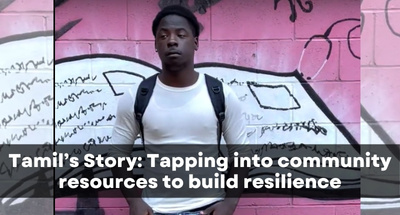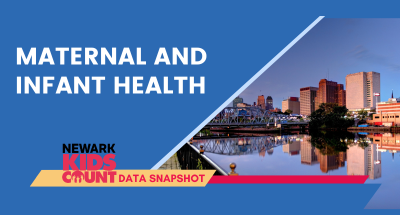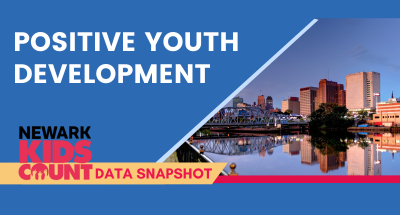Posted on November 20, 2025
Advocates for Children of New Jersey provides a snapshot of positive youth development in Newark by examining several data indicators that provide insight on how youth in Newark are faring, including chronic absenteeism, graduation rates, and juvenile arrests, all of which have improved in the Brick City. The city of Newark has made significant strides in supporting and helping youth succeed in both school and in the community.
This data snapshot is part of a series that will zero in on issues affecting the city's children.






